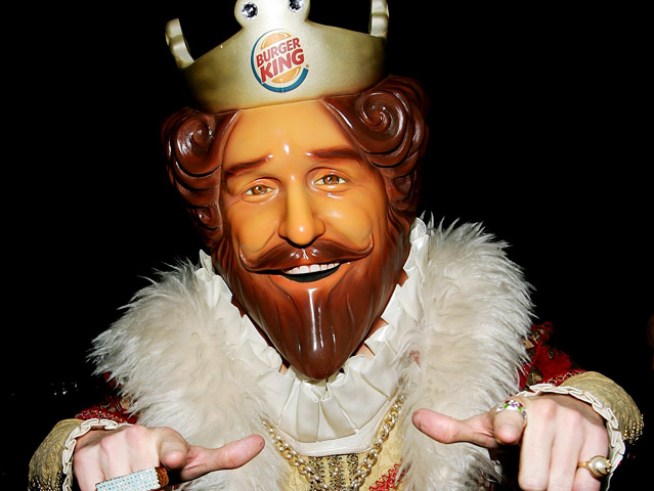Geeking out over new tech is one of
my favorite things to do. What really sparks my excitement is when I see
something new that was obviously inspired by science fiction. Many major
inventors will openly admit that their ideas are heavily influenced by a SciFi
series, movie, or book that they love. Something that’s been around a while
that is branching out is GPS (predicted by Arthur C. Clarke). It can be used
for awesome things like geocaching, but it is also used to constantly track us
using our phones and (if you have OnStar) cars. Some predict it will be used to
track where we are, send that to whatever company is relevant to that location
(Burger King, Macy’s, etc.), and then we can get feedback from that company.
 |
| I'm watching you RIGHT NOW. |
A recent read of mine, called Feed by M.T. Anderson, predicts that
those feeds from the GPS will rule our lives. The feed itself is much like
Google Glass, and the book references a precursor to the brain-implanted feed
as being glasses like Google Glass. In
this world, corporations own and run the feed and its content, telling users
what to get and where to buy it. The story is set in the USA, where the mass of
the population doesn’t question the source of their products, or how they are
made, though they are vaguely aware that the processes to make everything they
need and want (including oxygen) is killing the planet, and is causing the
lesions that are steadily increasing in number on every individual. The
corporations begin to advertise lesions as fashionable in order to prevent
consumers questioning their methods.
The book is written in the words of
a teenage boy. Anderson uses colloquialisms so that we read the story in the
boy’s thoughts, rather than as an edited novel. Modern words like “dude” are
replaced with “unit,” which is an intriguing choice, and makes me wonder if the
corporations had coined the term to remind consumers of what they are to them.
The objectification of consumers further proves how twisted the world has
become.
The events in the book (written in
2002) are things that we are not far off from becoming today, which is
frightening. The world that we face now is on the fast track to chemical ruin,
so long as the masses continue to remain oblivious to what is really happening
behind the scenes of everything they purchase. We must educate ourselves and
use books like this as warnings to the future that very likely could be ours.
The technology we use can either destroy us, or help us, and it is up to us,
the consumers, to decide which is the outcome.

No comments:
Post a Comment